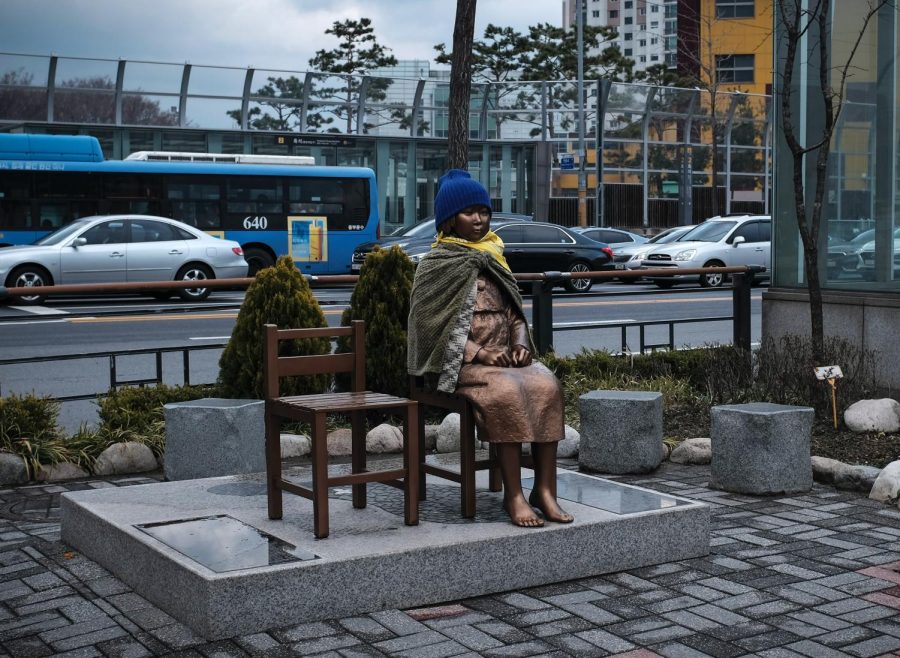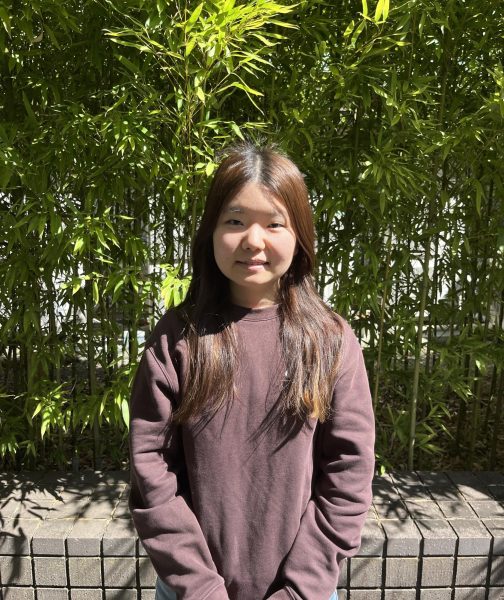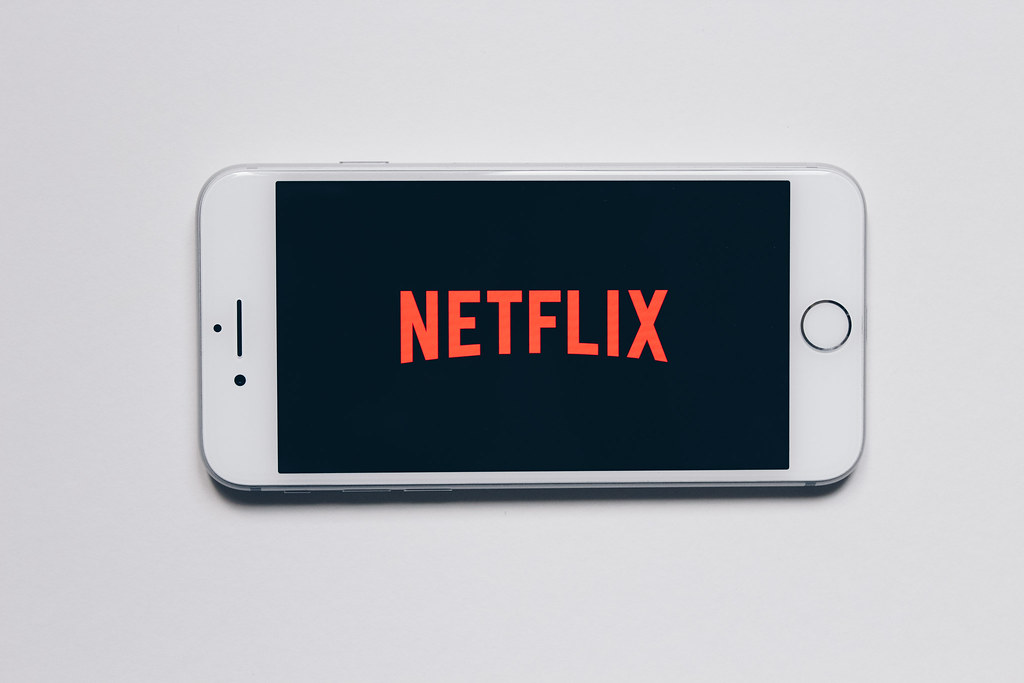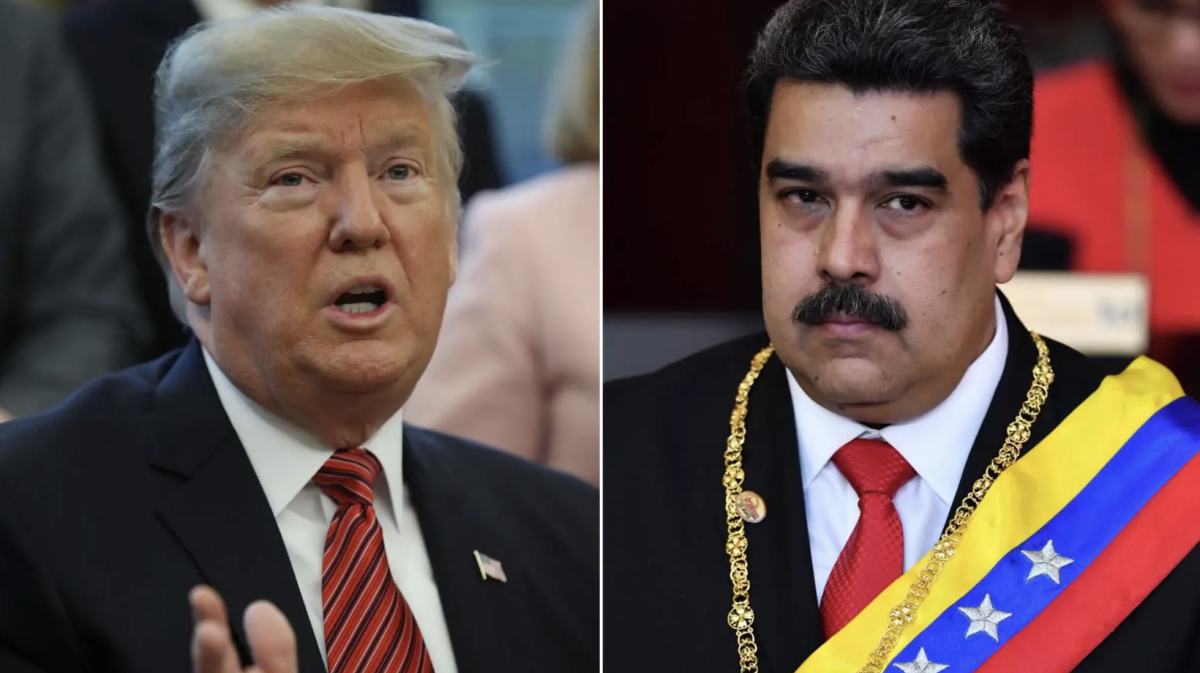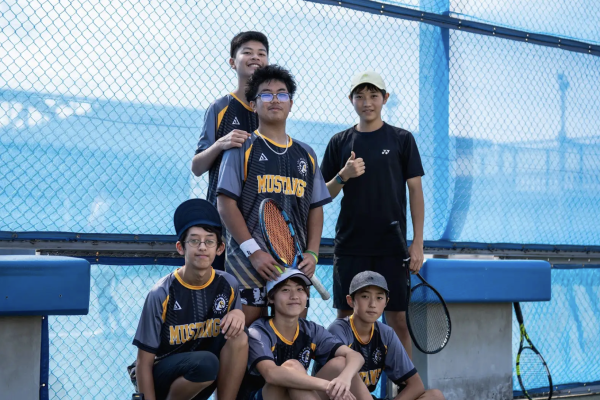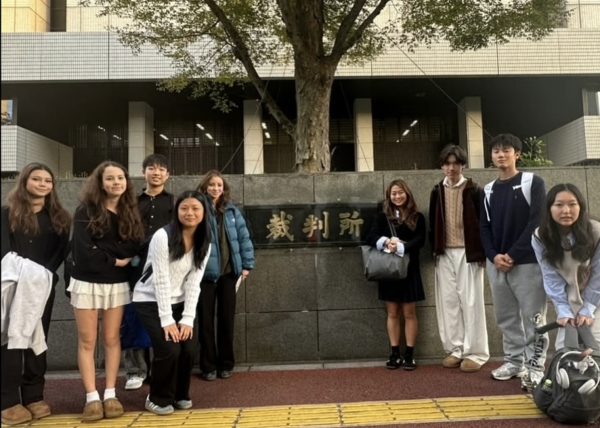South Korea to Settle Wartime Labor Dispute with Japan
March 27, 2023
On March 6th, South Korea announced a plan for resolving a decades-long dispute with Japan over the compensation of Korean wartime laborers. Having disputed vehemently over a range of unresolved issues — from the recognition of comfort women to a group of contested islets — this plan is one of the most significant actions taken to improve Japan-Korea relations after World War 2.
The plan was announced by South Korean Foreign Minister Park Jin, who stated that wartime laborers who worked under Japanese rule from 1910 to 1945 (when Korea was colonized) would be individually compensated through government funds collected from private companies.
“The government hopes to work with Japan, our closest neighbor, who shares the universal values of liberal democracies, market economies, rule of law and human rights amid the increasingly severe situation on the Korean Peninsula and amid the current grave international situation,” the Korean minister stated.
Tokyo applauded the plan, which currently absolves Japanese companies from compensating the victims themselves, as previously ordered by a 2018 South Korean Supreme Court decision. In an address to Parliament following the announcement, Prime Minister Kishida stated that the plan signified a “return to a healthy relationship between Japan and South Korea.”
Alongside Tokyo, Washington — the two countries’ mutual ally — expressed its support for the plan amidst rising geopolitical tensions with China and North Korea. President Biden hailed the settlement plan as “a groundbreaking new chapter of cooperation and partnership between two of the United States’ closest allies.”
To others, the settlement is a colossal diplomatic failure.
Survivors of wartime labor and their defenders have characterized South Korea’s decision as a cowardly concession made by President Yoon that ignores the historical weight of the labor dispute. Their primary concern lies in the absence of financial accountability on the part of Japanese companies such as Mitsubishi and Nippon Steel, who profited off of Korean laborers during colonial rule.
“I went to Japan and suffered there, and I should rightly receive the money from Japan,” Yang Geum-deok, 94, stated in a protest. In her teenage years, Yang worked for an aircraft factory owned by Mitsubishi during World War II.
At a more fundamental level, others question the efficacy and humanity of monetary compensation in providing justice for survivors of wartime labor. About the settlement, ASIJ Senior Tei Kim commented, “Although I’m sure it is of great assistance to the families whose ancestors were forced to work in Japan during the Japanese colonization of Korea, I don’t think it’s enough to put a price tag on the decades of Korean suffering both during and after the colonial period.”
High School teacher Bapi Ghosh, who teaches AP World History and Japan Studies, agrees. “It’s like you’re equating someone’s hardship and cruelty to a certain number, or price tag,” he says. “I don’t know if you can ever put a price on that.”
Tokyo, on the other hand, considers all wartime disputes to have been settled through a 1965 treaty, which established diplomatic relations between the two countries alongside a Japanese payment of $500 million in loans and aid. A majority of the payments were funneled toward large-scale industrial companies throughout the 1960s, many of which formed the backbone of Korea’s “Miracle on the Han River” — a term used to describe the nation’s meteoric rise from one of the poorest countries to one of the most developed. In what many Koreans consider a misplaced sense of justice, these very companies are now being asked to donate to the government fund announced on Monday.
“Our position has been consistent with the 1965 agreement, and that has not changed,” Foreign Minister Yoshimasa Hayashi stated in the March 6th press conference. Hayashi also cited the Japan-South Korea Joint Declaration issued in 1998 to explain Japan’s stance on the plan, commenting that the government “maintains the position taken” by the past declaration.
The 1998 agreement is seen by many in Tokyo to adequately communicate Japan’s acknowledgment of the damage caused to Koreans throughout colonial rule, signifying a conclusion to post-war disputes with Korea. However, others from the political establishment have gone as far as to dismiss the legitimacy of the damages inflicted, standing in contradiction with views expressed in previous treaties.
The absence of a shared history often results in an absence of shared solutions. “When it comes to the two governments, I really think that they need to come to terms with accurately documenting the past. Some of the misunderstandings stem from the fact that the documentation is not fully thorough — it’s not fully accurate,” AP teacher Ghosh explains.
In addition to conflicting historical truths, many agree that there exists a deep chasm between the stances of the two governments and public opinion. Christopher Rhee, a junior at St. Mary’s International School, notes that the Korean government’s stances do not “necessarily represent the views of the people,” and that increased cultural exchange between the two countries has fostered a more open, accepting social environment in recent years. “Living in Japan for most of my life, I’ve never once heard of a young Japanese person holding a grudge against Koreans such as myself because of historical events.”
Opinion polls reflect this sentiment too. According to the annual Japan-Korea Joint Opinion Survey, the number of Koreans and Japanese people that held a “bad impression” of the other country dropped by over 8% — the largest improvement since the launch of the survey in 2013.
Despite improving public attitudes in the two nations, the pendulum of Japanese-Korean relations has oscillated wildly in recent decades with little compromise in sight. At an ideological level, South Korea and Japan are fighting for control between two warring realities: one in which all historical injustices are rightfully rectified, and another in which the two nations’ sights are firmly fixed on the future, departing from past mistakes. In this conflict of realities, it is rare to have agreements such as the recent wartime labor plan, and to see the distance between ally and adversary narrow.
ASIJ Senior Tei Kim notes, “the only way Korea as a nation perhaps could get the closure it needs is a proper acknowledgment of Japan’s wrongdoings by the Japanese government, not external agencies. Korea can only move forward if it can heal, and I think Japan holds the missing piece to its path of healing.”

